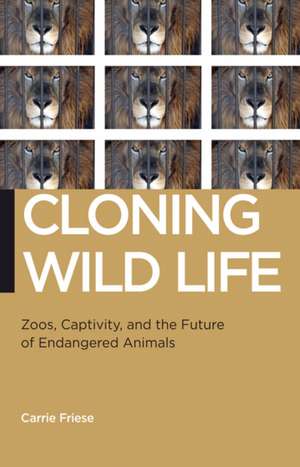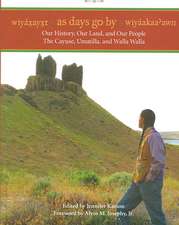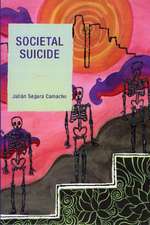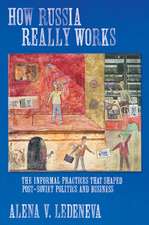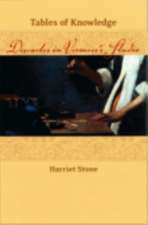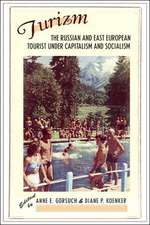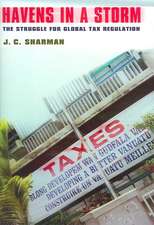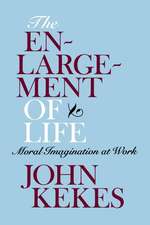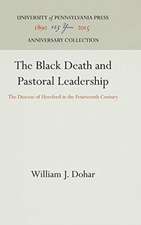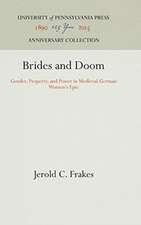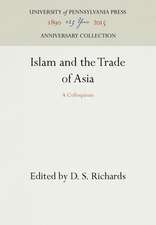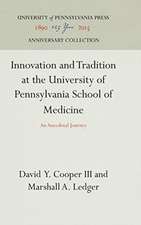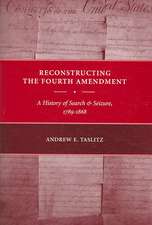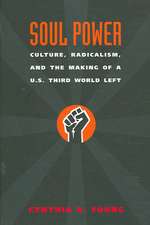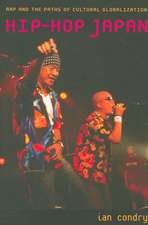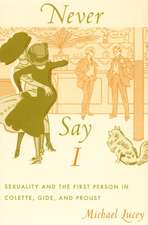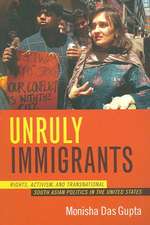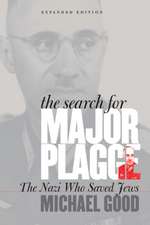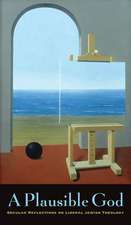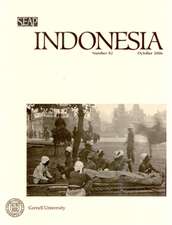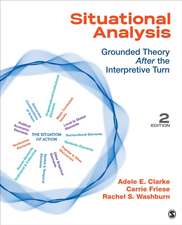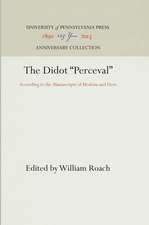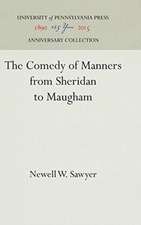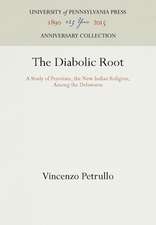Cloning Wild Life – Zoos, Captivity, and the Future of Endangered Animals: Biopolitics
Autor Carrie Frieseen Limba Engleză Paperback – sep 2013
| Toate formatele și edițiile | Preț | Express |
|---|---|---|
| Paperback (1) | 227.62 lei 43-57 zile | |
| MI – New York University – sep 2013 | 227.62 lei 43-57 zile | |
| Hardback (1) | 526.76 lei 43-57 zile | |
| MI – New York University – sep 2013 | 526.76 lei 43-57 zile |
Din seria Biopolitics
-
 Preț: 173.10 lei
Preț: 173.10 lei -
 Preț: 157.53 lei
Preț: 157.53 lei -
 Preț: 173.10 lei
Preț: 173.10 lei -
 Preț: 174.12 lei
Preț: 174.12 lei -
 Preț: 266.52 lei
Preț: 266.52 lei -
 Preț: 223.80 lei
Preț: 223.80 lei -
 Preț: 227.62 lei
Preț: 227.62 lei -
 Preț: 228.00 lei
Preț: 228.00 lei - 23%
 Preț: 446.61 lei
Preț: 446.61 lei -
 Preț: 241.64 lei
Preț: 241.64 lei -
 Preț: 240.87 lei
Preț: 240.87 lei -
 Preț: 225.71 lei
Preț: 225.71 lei -
 Preț: 243.58 lei
Preț: 243.58 lei -
 Preț: 243.58 lei
Preț: 243.58 lei -
 Preț: 234.73 lei
Preț: 234.73 lei -
 Preț: 245.49 lei
Preț: 245.49 lei -
 Preț: 241.64 lei
Preț: 241.64 lei -
 Preț: 225.71 lei
Preț: 225.71 lei -
 Preț: 239.73 lei
Preț: 239.73 lei -
 Preț: 280.54 lei
Preț: 280.54 lei
Preț: 227.62 lei
Nou
Puncte Express: 341
Preț estimativ în valută:
43.55€ • 45.60$ • 36.04£
43.55€ • 45.60$ • 36.04£
Carte tipărită la comandă
Livrare economică 07-21 aprilie
Preluare comenzi: 021 569.72.76
Specificații
ISBN-13: 9781479836383
ISBN-10: 1479836389
Pagini: 258
Dimensiuni: 152 x 228 x 14 mm
Greutate: 0.41 kg
Editura: MI – New York University
Seria Biopolitics
ISBN-10: 1479836389
Pagini: 258
Dimensiuni: 152 x 228 x 14 mm
Greutate: 0.41 kg
Editura: MI – New York University
Seria Biopolitics
Recenzii
"In this brilliant study of cloned wild life, Carrie Friese adds a whole new dimension to the study of reproduction, illustrating vividly and persuasively how social and biological reproduction are inextricably bound together, and why this matters." -Sarah Franklin,author of Dolly Mixtures: the Remaking of Genealogy"Carrie Frieses Cloning Wild Life: Zoos, Captivity and the Future of Endangered Animals is a terrific book. Friese begins with the observation that efforts to clone endangered animals have in general been well received by the public, in contrast to the outcry and suspicion that has greeted cloning animals raised for food, and cloning of humans. Controversy, instead, has been internal to zoo and conservation science. In a subtle delineation of the contours and stakes of these insider controversies, Friese goes far beyond the usual pro- and con-discourses about novel biotechnologies. She shows us nuclear transfer cloning as a flexible, powerful technology that connects many possible views of nature found and made and what it might be to conserve it. Excitingly, she also argues that cloning in relation to the conservation of endangered species is playing an important role in the current expansion of our understanding of genetics beyond the nucleus."-Charis Thompson,author of Making Parents: The Ontological Choreography of Reproductive Technologies
"In this brilliant study of cloned wild life, Carrie Friese adds a whole new dimension to the study of reproduction, illustrating vividly and persuasively how social and biological reproduction are inextricably bound together, and why this matters." -Sarah Franklin,author of Dolly Mixtures: the Remaking of Genealogy"Carrie Friese's Cloning Wild Life: Zoos, Captivity and the Future of Endangered Animals is a terrific book. Friese begins with the observation that efforts to clone endangered animals have in general been well received by the public, in contrast to the outcry and suspicion that has greeted cloning animals raised for food, and cloning of humans. Controversy, instead, has been internal to zoo and conservation science. In a subtle delineation of the contours and stakes of these insider controversies, Friese goes far beyond the usual pro- and con-discourses about novel biotechnologies. She shows us nuclear transfer cloning as a flexible, powerful technology that connects many possible views of nature found and made and what it might be to conserve it. Excitingly, she also argues that cloning in relation to the conservation of endangered species is playing an important role in the current expansion of our understanding of genetics beyond the nucleus."-Charis Thompson,author of Making Parents: The Ontological Choreography of Reproductive Technologies
"In this brilliant study of cloned wild life, Carrie Friese adds a whole new dimension to the study of reproduction, illustrating vividly and persuasively how social and biological reproduction are inextricably bound together, and why this matters." -Sarah Franklin,author of Dolly Mixtures: the Remaking of Genealogy"Carrie Friese's Cloning Wild Life: Zoos, Captivity and the Future of Endangered Animals is a terrific book. Friese begins with the observation that efforts to clone endangered animals have in general been well received by the public, in contrast to the outcry and suspicion that has greeted cloning animals raised for food, and cloning of humans. Controversy, instead, has been internal to zoo and conservation science. In a subtle delineation of the contours and stakes of these insider controversies, Friese goes far beyond the usual pro- and con-discourses about novel biotechnologies. She shows us nuclear transfer cloning as a flexible, powerful technology that connects many possible views of nature found and made and what it might be to conserve it. Excitingly, she also argues that cloning in relation to the conservation of endangered species is playing an important role in the current expansion of our understanding of genetics beyond the nucleus."-Charis Thompson,author of Making Parents: The Ontological Choreography of Reproductive Technologies
